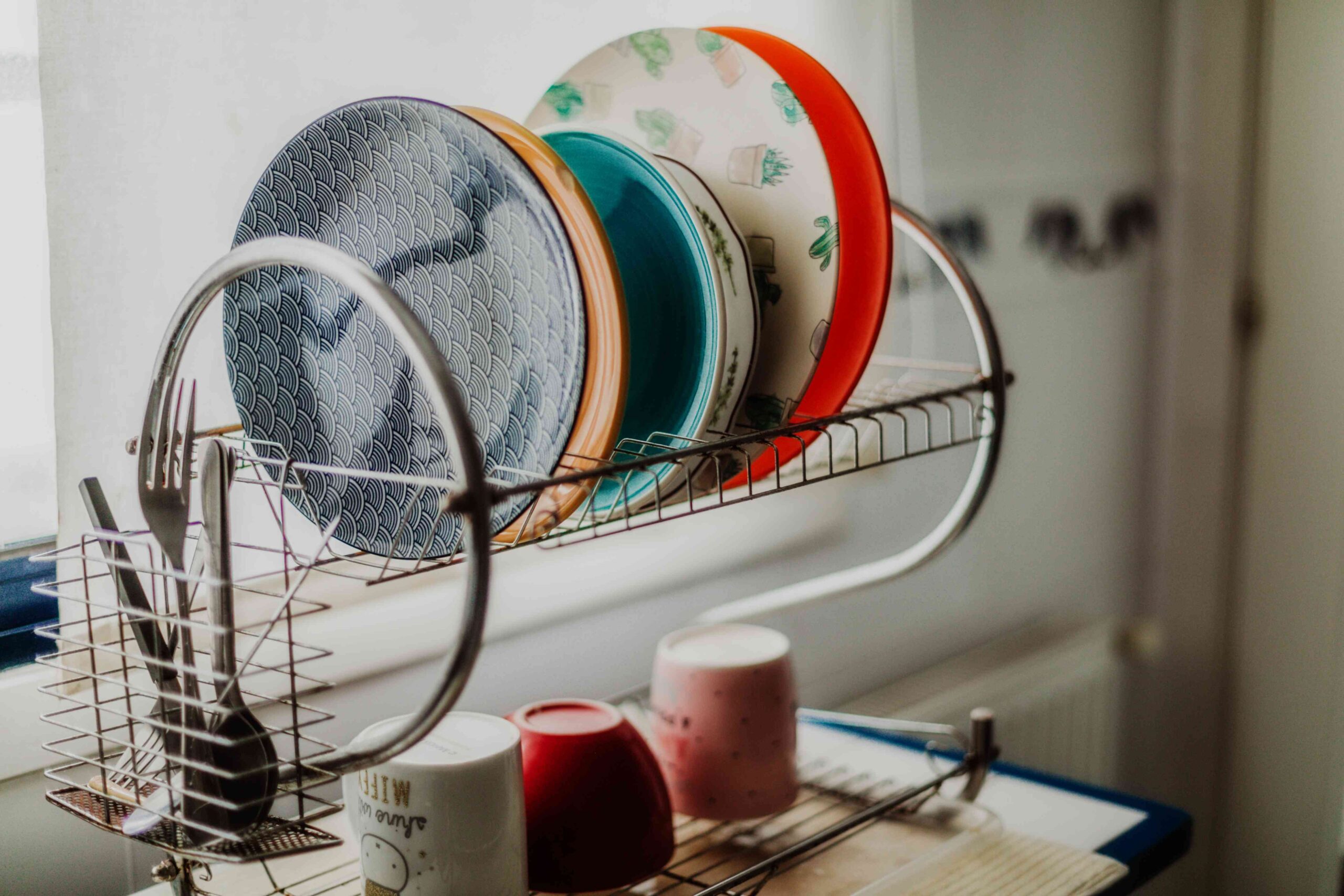:max_bytes(150000):strip_icc():format(jpeg)/GettyImages-1218131226-1d7974acad1548f8b1cff8c6a4910aeb.jpg)
Key points
- Before using any new dishes or cuisine, you need to wash before use to help reduce contact with germ and dirt.
- Be sure to remove all stickers, markings and labels before inserting a new dish in the dishwasher.
- If the item is not safe for dishwashing, before soaking and handheld with warm waters and the dishes of soap.
The sock of your kitchen with new utensils is always exciting, but similar to new clothes, it is difficult to know if you should give them a quick rinsing or completely wash before use for the first time. With this question in mind, we turned to experts to find out what suggests.
To be honest, we were not surprised when we learn that there is a complete consensus about whether it matters or not washing before using a new dishwasher. We were, however, delighted to get some top tips to deal with the new kitchen utensils before our first use.
Meet the expert
- Dirk Sappok is the director in the cuisine department in the Miele North American region.
- Alma Hinojosa is a professional cleaner and leading quality on better Clean.
If you need to wash a new dishwasher before use?
Getty Images / Willowpix
And our experts agreed that the new dishwashers need to be washed – if not critically. As the appliance Pro Dirk Sappok expires, it is clean for hygienic reasons.
“Until there probably exists visible soil on the items, it is true that they processed that second,” he says. “If you are buying from the physical location of the retail, think about how you personally processed your items. Many others probably did the same.”
But even if you buy something online that comes directly from your warehouse, it would be led during the incineration and repackage process.
“It is exposed to dust, handling and remains of packaging that you cannot always see,” says the professional cleaning of Alma Hinojos.
And that applies to all categories, from the dishes to server software, cups for cutlery, and even your dishes. People often don’t make a mistake not to accompany their dishes, sufficiently diligent because they assume that heat heat will kill with any worship retention, but it is common misconception.
Want more cleaning and organizing advice? Sign up for our free daily newsletter for the latest hacks, professional advice and more!
How to wash the new dishtress of dishes
It is important to wash a new dishwasher in the right way so you start from your right leg.
Review your items first
If you hope to save time, Hinojos suggests unpacking, review and rinsing all at once.
“That initial washing allows us to view the case for cardboard dust, cracks and stickers adhesive,” she says.
After this initial check, then you can decide whether you want to load everything in the dishwasher or handle each item first.
Machine wash when possible
For all new items that are safe for the dishwasher, Sappok says your best bet is to add it to the next full load of stubborn wash machines.
“Your dishwasher will use far less water washing hands,” he says, saying that the power of mechanical washing will be most effective in clearing.
Remove all stickers and labels
If your dishes has stickers or stickers, you may need to give it to you manually or even peeling before, how Sappok says that Sappok would say as soon as possible to remove in your machine.
“Leave labels or stickers full and intact before washing can result in remaining remains,” he says, notice that this might be harder to remove.
Handheld everything else
If you only have a few items you need to wash or have things that I can’t go to the dishwasher, Hinojosa says you can still get a job with warm water, your reliable meal soap and good sponge.
“Sometimes, when I have time, I fill the sink, growl all inside and let him so much for a few minutes,” she says.
But if you don’t have time to soak up properly, it suggests everything with ordinary, warm waters, then add soap, so the dust does not move.
Think about your drying method
If you decided your hand to operate everything, you will need to decide if you want air to dry your items or dry them with a cloth. If you decide on a cloth, Hinojos suggests the use of a non-linty microfiber cloth.
“Never use harsh ribiles or steel wool,” she says.
